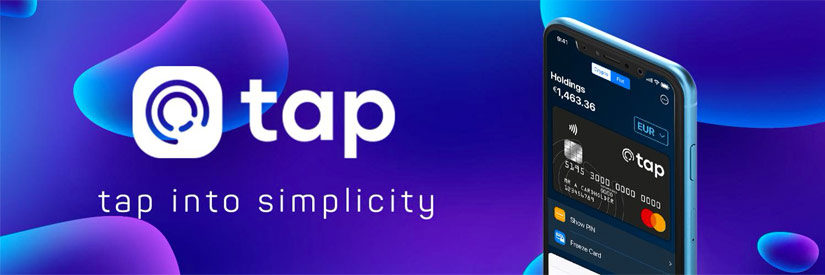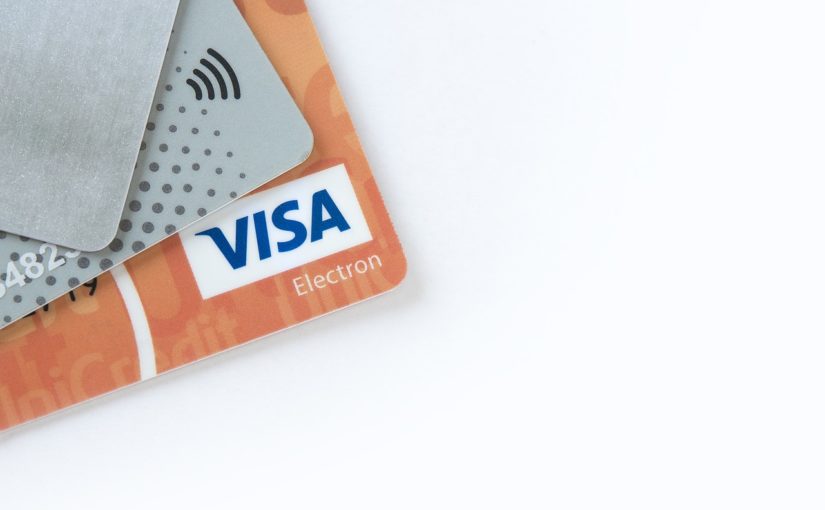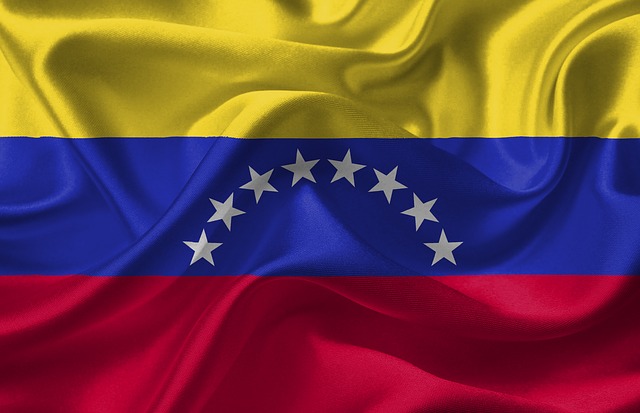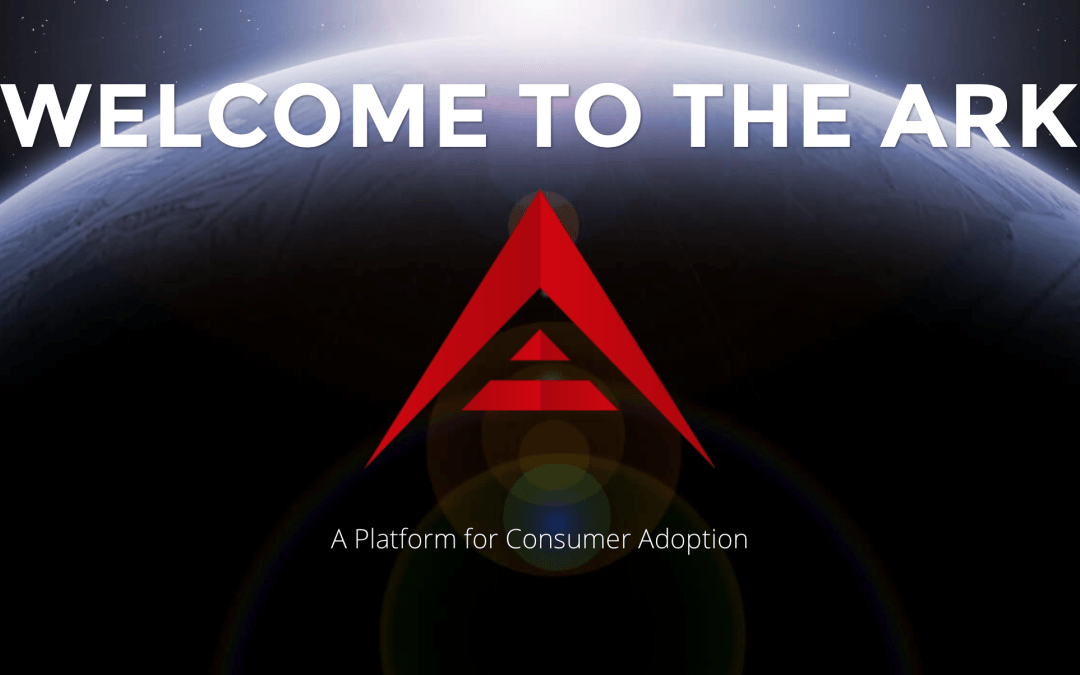Two former federal agents are expected to be arrested on Monday on charges of stealing money while working undercover on an investigation into Silk Road, the once-thriving black market website for drug dealing, a document shows.
The former agents are Carl Mark Force IV, who worked for the Drug Enforcement Administration, and Shaun Bridges, who worked for the Secret Service.
Mr. Force is being charged with wire fraud, theft of government property and money laundering, and Mr. Bridges is being charged with wire fraud and money laundering, according to an affidavit filed in the United States District Court in San Francisco.
The charges stem from their roles in an undercover operation that led to charges in the Silk Road investigation and the shutting down of the website.
Mr. Force, while investigating Silk Road, “stole and converted to his own personal use a sizeable amount of bitcoins,” the digital currency that was used by buyers and sellers on the website, which he obtained in his undercover capacity, the government said.
“Rather than turning those bitcoin over to the government, Force deposited them into his own personal accounts,” the government said.
At the time charges were announced against Ross W. Ulbricht, the man behind the site, in October 2013 and the website was shut down, the authorities called Silk Road “the most sophisticated and extensive criminal marketplace on the Internet.”
Several thousand drug dealers and other vendors used the site from January 2011 through October 2013 to sell hundreds of kilograms of illegal drugs and other illicit goods to more than 100,000 buyers, according to a criminal complaint filed in United States District Court in Manhattan.
The website generated more than $213 million in revenue during that period, and Mr. Ulbricht, operating under the pseudonym Dread Pirate Roberts, took millions of dollars in commissions, the authorities charged.
Much of Silk Road’s allure to buyers and sellers was its anonymity: The website operated on a hidden part of the Internet, out of the glare of law enforcement, and deals were transacted in Bitcoins, a digital currency that can be as hard to trace as cash.
Mr. Ulbricht’s defense lawyer, Joshua L. Dratel, argued during the trial that his client was not Dread Pirate Roberts, a character drawn from the book and movie
“The Princess Bride.” Mr. Dratel conceded that Silk Road had been his client’s idea, but he Mr. Ulbricht had turned the website over to others before being lured back as a “fall guy” to be arrested.
Mr. Ulbricht was convicted on Feb. 4 of multiple counts; four of the charges, including distributing narcotics on the Internet and engaging in a continuing criminal enterprise, carry potential life sentences. The judge, Katherine B. Forrest, is scheduled to sentence Mr. Ulbricht on May 15.
At the trial, the government also accused Mr. Ulbricht of commissioning the murders of five people whom he saw as threats to his enterprise. Although the prosecutors say they found no evidence that anyone was harmed, they cited the murders-for-hire as evidence that Mr. Ulbricht was willing to use violence to protect his lucrative operation.
Source WSJ




 Announced today, Kuwait Finance House has joined RippleNet, a move which will enable the bank to provide cross-border payments using Ripples blockchain technology.
Announced today, Kuwait Finance House has joined RippleNet, a move which will enable the bank to provide cross-border payments using Ripples blockchain technology.
 Marc O’Brien, former CEO of Visa UK, a key advisor of Revolut and one of the United Kingdom’s leading payment services experts, has been appointed CEO of
Marc O’Brien, former CEO of Visa UK, a key advisor of Revolut and one of the United Kingdom’s leading payment services experts, has been appointed CEO of






